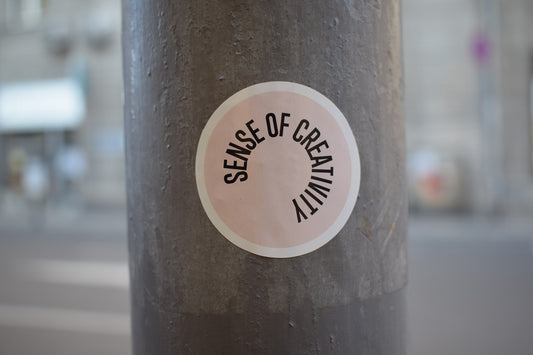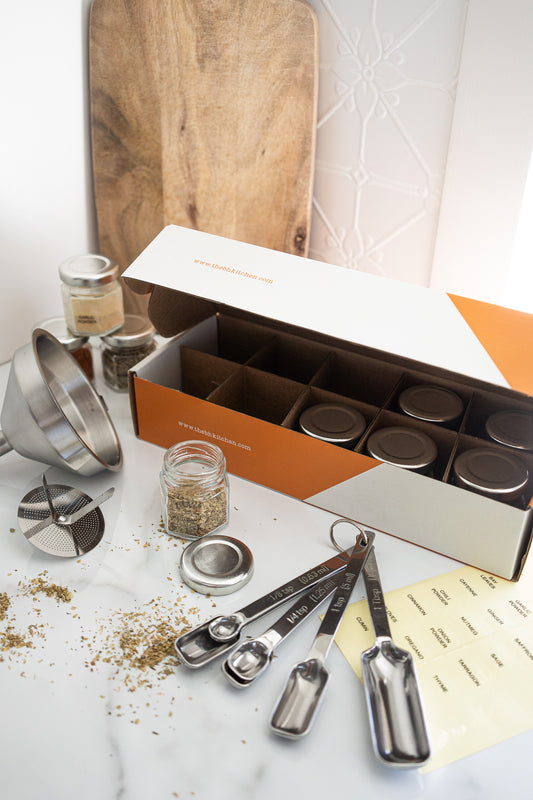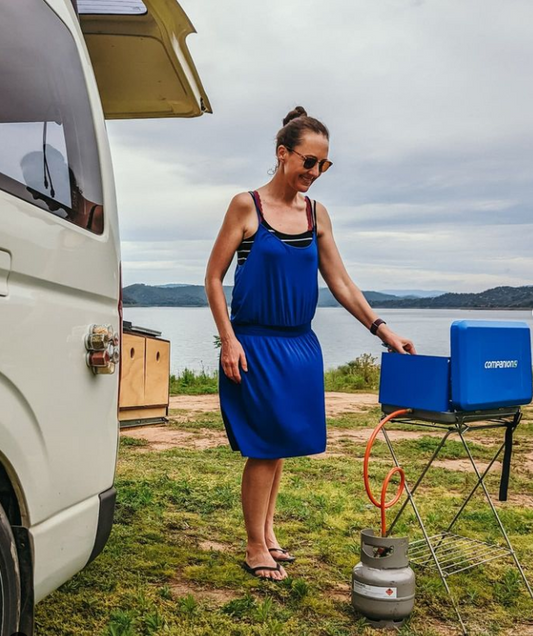
4 min read
Out of the three herb-drying methods we have explored so far, air drying is the simplest, cheapest, most energy efficient technique of them all. It’s also a low impact method that takes the least toll on the herb itself meaning that your herbs will retain more of their essential oils and, as a result, more of their flavour.
Air drying may be the oldest and most straightforward method but it’s not suitable for all herbs. When using the air drying method, high-moisture herbs will be susceptible to mould and rot during the drying process. Examples of high-moisture herbs that will suit oven drying or dehydrating are mint, tarragon, basil and chives. Herbs that are really well suited to air drying include dill, oregano, marjoram, rosemary and thyme.
How to prepare your herbs for air drying
As with any of the other methods, make sure you are selecting only the finest herbs. Avoid damaged or soiled herbs where possible and harvest your herbs when they are at their freshest for optimal results. Same goes for herbs that you have bought from the store. Keep in mind that fresh herbs you have harvested yourself are likely to give you better results in terms of flavour and colour.
Step One: Washing and drying your herbs
If absolutely necessary, you can rinse the herbs and gently pat them dry. Otherwise, just give the herbs a light shake to remove any soil or little bugs. You are trying to remove as much moisture as possible, so if you can avoid adding more moisture to the herb, your drying process will be quicker. If you do need, or prefer, to wash your herbs thoroughly, you can use a salad spinner to remove excess water without putting the herbs under too much stress
Step Two: Preparing your herbs for drying
Once you have selected and cleaned your herbs, strip back the leaves from the bottom two inches of their stems – you will tie your herbs around the cleaned stems.
Step Three: Tying your herbs in bunches
Gather a handful of the herbs together by their stems trying to keep them as evenly and neatly bundled as possible. Tie each bundle together with string, rubber bands, or floral wire. You want to tie the bunches together tightly enough so that the stems won't fall out as the herbs dry and shrink, but also loose enough so that there is enough space for air to circulate and move through the herbs.
Step Four: Protecting your herbs from impurities
If you want to protect your herbs from dust or other airborne impurities, you can put the bunch into a paper bag with the stems sticking out. If you do this, make sure to cut some ventilation holes in the bag so as to avoid mould. It is also a good idea to label the bag with the type of herbs stored inside. After a couple of weeks of drying, you may forget which is which.
Step Five: Hanging your herbs
Once you are satisfied with your herb bunches, you will want to hang your herbs in a cool, dry spot which is not in direct sunlight. The herbs should be hung upside down, leaves facing down. Drying herbs in your kitchen is an impressive sight and will make you look like a very serious chef! If you do choose to hang your herbs in the kitchen, just make sure that they are far enough away from where you actually cook so that the flavour and integrity of the herbs isn’t damaged by smoke, cooking oil or steam.
Step Six: Monitoring your herbs
It will probably take a few weeks for your herbs to dry completely. As a test, you can place a few of the leaves or flowers in a clear glass jar or zip-lock bag and place it in a warm spot. if condensation appears after a couple of hours, then you know that your herbs aren’t completely dry.
Step Seven: Storing your herbs
When you are certain that your herbs are dry, use scissors to cut the leaves or flowers off the stems. If there are any herbs that are showing signs of mould, make sure you discard them otherwise the mould may spread to healthy herbs. Depending on how frequently you use dry herbs and for what purpose, you can crumble them or store them whole. There are two crucial things to remember when storing your herbs. First, make sure you keep them in airtight containers. Second, make sure they are not kept in direct sunlight. Follow these two rules and make sure your herbs are completely dry before storing and they will keep for approximately two to three years
What to do with all your dried herbs?
Now that you have a few tricks up your sleeve when it comes to preserving herbs, you can use them in cooking, as flavourful garnishes to meals, or even give them away as gifts to friends and family. Drying herbs will save you money, elevate any of your go-to recipes and give you a sense of achievement and pride. Whether you look at drying your herbs as part of the cooking process or just as a productive hobby, it is sure to bring you and your nearest and dearest endless culinary pleasures!



